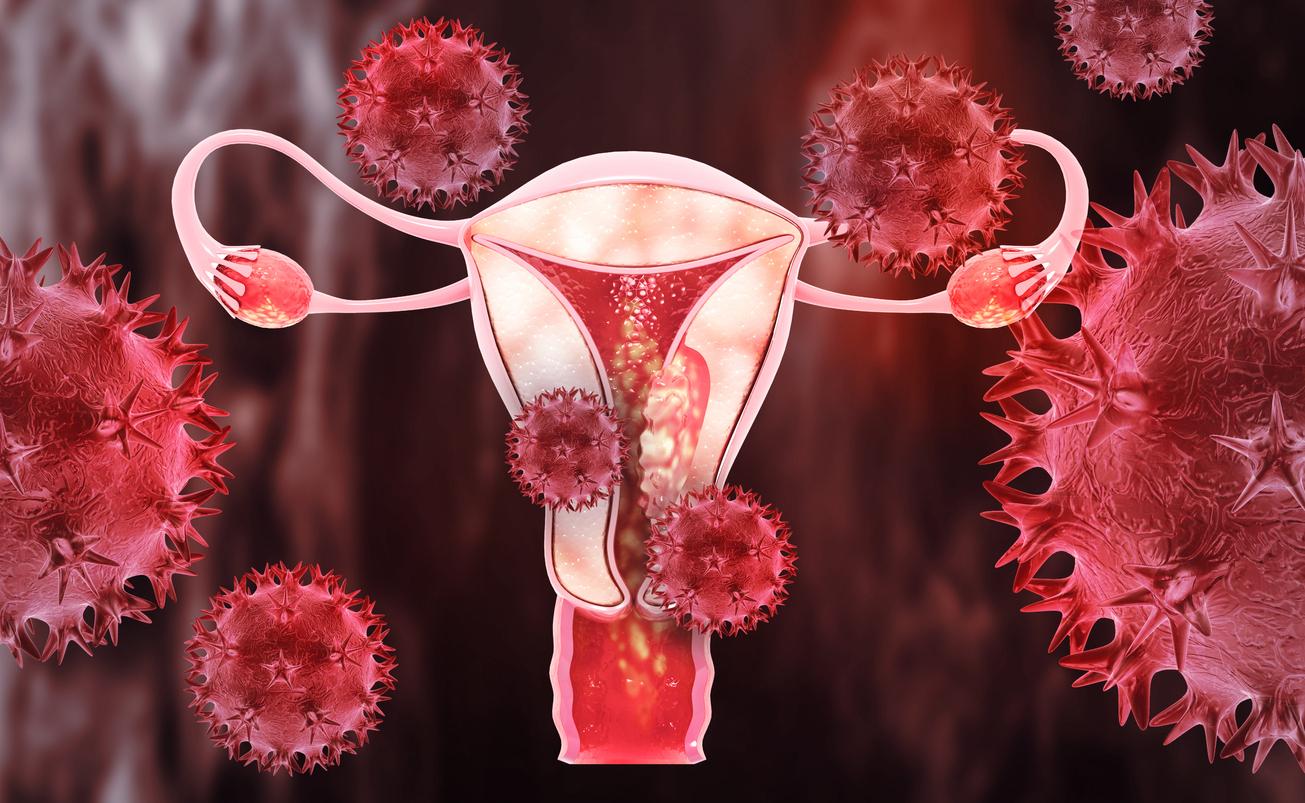People who have lived a poor childhood and who have had deprivations, would be more impulsive in adulthood. A character trait that would also have consequences on their health.

- 22.6% of 15-17 year olds were poor in 2018 according to INSEE, i.e. 535,000 adolescents.
- In France, child poverty is more frequent in households that are inactive or affected by unemployment.
397,000 children under the age of 3, or 20.3% of this age group, were poor in 2018, according to the National Institute of Statistics and Economic Studies (INSEE). And the current context of general inflation is not likely to improve this percentage.
Poverty in early childhood impacts adult life
Poverty is obviously very difficult to live with during childhood. But this situation also has consequences for later life. Indeed, according to a study published in the journal Royal Society Open Science, having been deprived in one’s youth often induces an impulsive character in adulthood, that is to say, wanting to obtain immediately what one desires. The authors believe that this personality trait could have health consequences.
During their study, the researchers analyzed the impulsivity of 1,000 people aged 50 to 90. To do this, they simply asked them if they preferred to get a sum of money immediately or wait a few months and have it be a little larger. Results: Participants who had always lived in disadvantaged areas preferred smaller but immediate financial gains, which showed their impulsiveness.
Impulsivity Has Long-Term Health Consequences
On the other hand, the researchers found that a person’s profession could also predict their choices. Indeed, those working in technical or repetitive jobs also preferred to receive a larger sum of money immediately, which was not the case for participants working as engineers or scientists.
According to the authors, the impulsivity they observed in these participants was due to the deprivations they had experienced during childhood. Beyond the financial aspect, it would also translate into food. Indeed, they believe that people whose youth was economically tougher would be more likely, in adulthood, to adopt behaviors deemed pleasant at the time but harmful to their long-term health. such as overeating, consumption of fatty and/or sugary products, drugs, cigarettes, etc.
Thus, they would therefore be more at risk of suffering from obesity but also from other pathologies such as cardiovascular disease, diabetes or cancer. In conclusion, the authors call on political decision-makers to react and better fight against child poverty.















